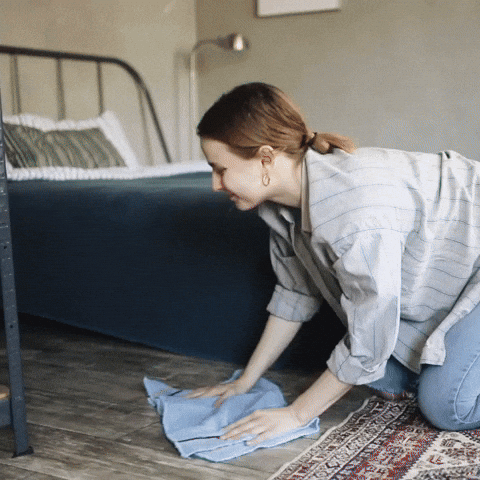Should I Sell My House During Menopause? Money Signs It's Time
You bought your house when life was different. Now menopause symptoms are draining your energy while your biggest asset might be draining your future.
INSIDE THIS ISSUE:
Recognize when housing costs exceed what your changing life can sustain
Calculate if downsizing could fund your menopause care journey
Create a realistic transition plan that protects your financial future
YOUR HOUSE WORKED THEN, BUT DOES IT WORK NOW?
Let's start with what you already know: houses require constant attention and money. You've lived this reality—the surprise furnace repair, the property tax increases, the endless to-do list of maintenance tasks.
What you might not realize is how much this mental and financial load intensifies during menopause. Research shows menopause symptoms affect workplace productivity, with many women reporting that brain fog, sleep disruption, and mood changes interfere with their work performance on a weekly basis.
When your energy and earning power are under pressure, your house can transform from an asset into a burden. What worked when you had boundless energy and peak earning years might no longer serve this version of your life.
Here's the foundation we need to build on: your home should support your current needs, not drain your resources when you need them most.
FOUR CLEAR SIGNALS IT'S TIME TO CONSIDER SELLING
Here are the concrete warning signs that your house has become a financial liability:
1. Your total housing costs exceed 30% of your current income.
Add up six months of actual expenses: mortgage, taxes, insurance, maintenance, utilities, and those surprise repairs. If this exceeds 30% of your take-home pay, your house is strangling your ability to fund menopause care.
2. You're tapping home equity for basic living expenses.
Medical copays coming from your home equity line? Car repairs funded by refinancing? When your house becomes the ATM for everyday costs, it's no longer building wealth—it's masking a budget shortfall.
3. Home maintenance overwhelms your physical and mental capacity.
Deferred maintenance is piling up because everything feels impossible. The gutters, the basement, the yard—all need attention you can't provide. Research shows homeowners typically underestimate maintenance costs, and these "hidden" expenses can actually make real returns on housing close to zero after all costs.
4. Your neighborhood no longer serves your menopause needs.
You need walkable access to healthcare but live in a car-dependent area. The community that worked for raising kids doesn't work for managing chronic symptoms. The noise and stress that you used to handle now drain your limited energy reserves.
HOW TO MAKE THE TRANSITION THOUGHTFULLY
Here's your practical action plan, built on the foundation we've established:
1. Run the complete financial analysis.
Calculate what you'd actually net after selling costs, not just your home's current value. Research shows that after transaction costs, maintenance, and improvements, many homeowners' real returns are much lower than they expect.
Add up all selling costs: realtor fees (typically 6%), repairs needed for sale, moving expenses, and staging costs
Research comparable smaller homes or quality rentals in areas you'd actually want to live
Calculate the difference between your current monthly housing costs and potential new costs
Factor in the mental energy you spend on home maintenance—that exhaustion has real value
2. Test your future lifestyle before committing.
Don't jump from dream home to tiny apartment without knowing how it feels to live smaller.
Rent a furnished apartment for 2-3 months while renting out your current house
Stay in vacation rentals in neighborhoods you're considering for permanent moves
Visit target areas during different times of day and week to see how they feel when you're managing symptoms
Live in just 2-3 rooms of your current house for a month to test whether you actually need all that space
3. Create your financial safety net first.
Before making any housing changes, build liquid resources for the unexpected costs menopause brings.
Save 6 months of expenses in accessible accounts before making housing transitions
Set aside funds specifically for menopause-related medical costs that insurance might not cover
Consider the tax implications of selling (if you've lived in your home over 2 years, up to certain amounts may be tax-free)
Get pre-approved for your next housing situation while you still have your current income and credit profile
The research is clear: homes that seemed like safe investments often tie up too much of your wealth in one illiquid asset when your health and earning power are changing.
Your house should serve your life, not complicate it when you need simplicity most.
Share this with 3 women who are questioning if their house still fits their changing life.





